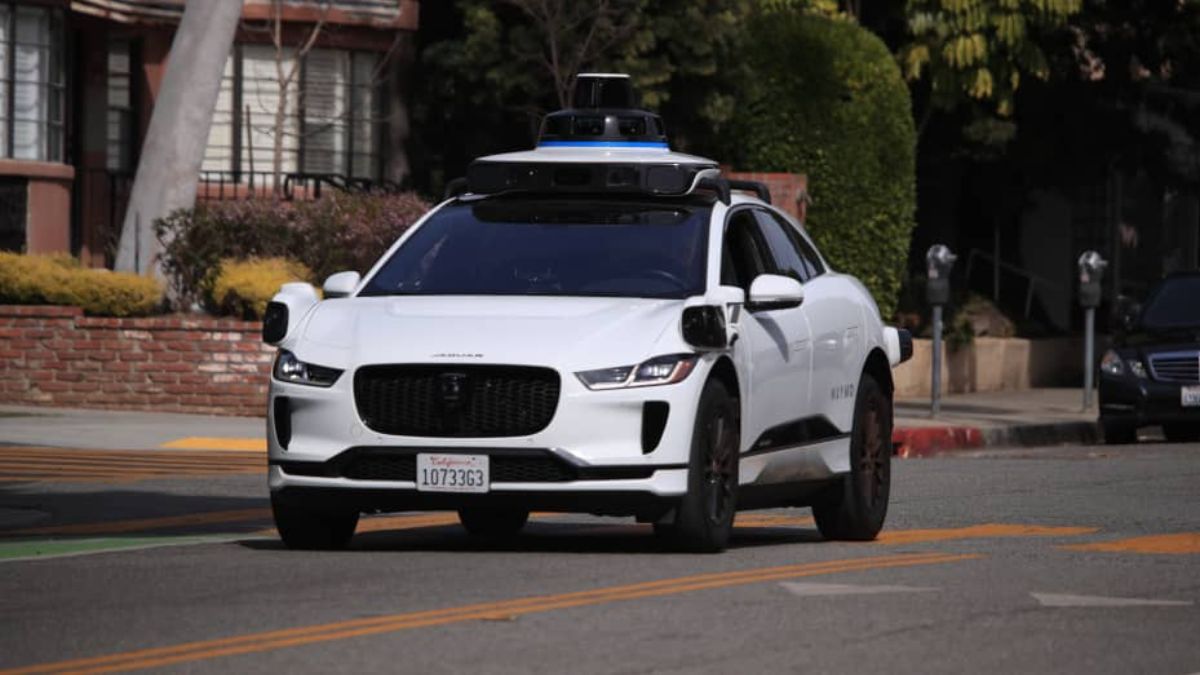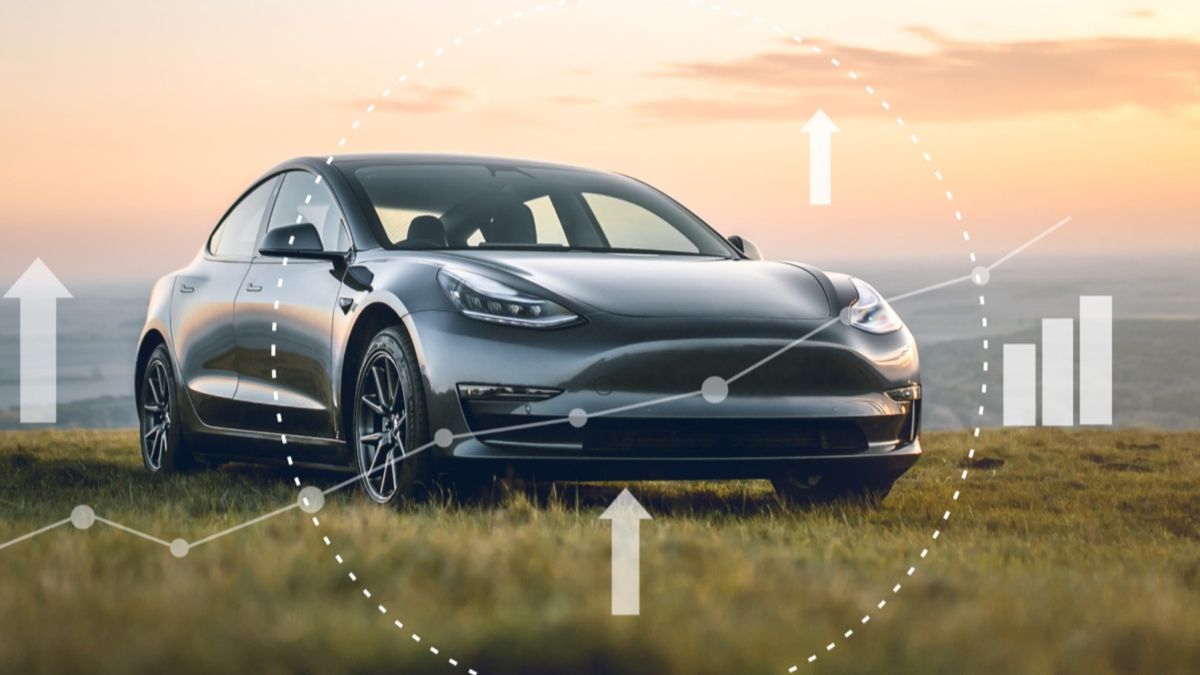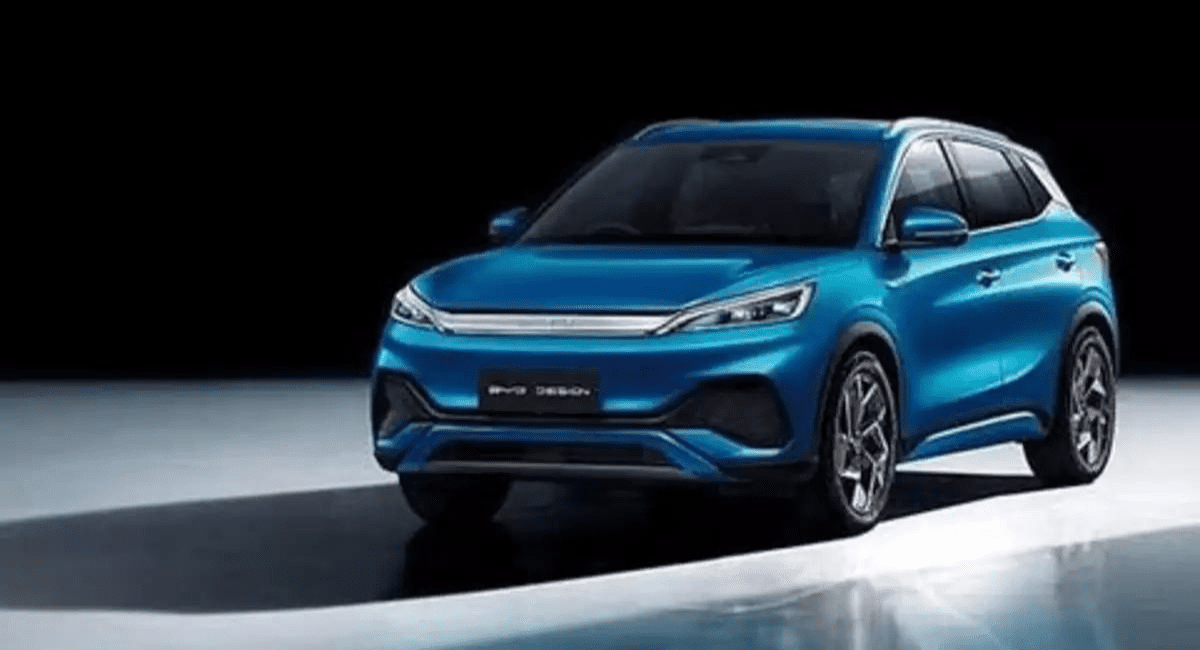
(Image credit- CNBC) Waymo and Uber have joined...
news-extra-space

 Image credit: publicissapient[/caption]
Unfortunately, not many people in that age group can afford them. In fact, at 54.5 percent, the purchase price came in second on the list of obstacles to EV adoption. (The largest obstacle to adoption, cited by 56.4 percent of poll respondents, was battery life and replacement prices, which, as we've previously discussed, is more of a perception issue than a practical one.)
The issue is revealed when the data is segmented by price ranges. When you consider that the Chevrolet Bolt is now the least expensive EV available and still costs $25,600, only little more than a third (32.5%) of consumers say they're ready to spend $24,999 or less on a new EV, thus ruling them out of the market. The Bolt EUV ($27,200), Nissan Leaf ($28,895), Mazda MX-30 ($34,695), Hyundai Kona Electric ($34,845), and, if we fudge it a little, the Mini Cooper SE ($35,075) fall under this second 20.9 percent's upper limit of $34,999.
In actuality, only 15.8% of respondents said that they would spend above $65,000 on a new EV. They're in luck because the majority of the new EVs have lately driven more than this and were all excellent automobiles.
At least on the surface, Australia and Canada seem to be far more welcoming to EVs: 50.8 percent of Australians and 51.4 percent of Canadians, respectively, say they'd prefer an EV to a car with an internal combustion engine. However, adoption barriers are still relatively comparable; in Australia (66.6%) and Canada, the most prevalent one was the purchase price (60.5 percent).
Image credit: publicissapient[/caption]
Unfortunately, not many people in that age group can afford them. In fact, at 54.5 percent, the purchase price came in second on the list of obstacles to EV adoption. (The largest obstacle to adoption, cited by 56.4 percent of poll respondents, was battery life and replacement prices, which, as we've previously discussed, is more of a perception issue than a practical one.)
The issue is revealed when the data is segmented by price ranges. When you consider that the Chevrolet Bolt is now the least expensive EV available and still costs $25,600, only little more than a third (32.5%) of consumers say they're ready to spend $24,999 or less on a new EV, thus ruling them out of the market. The Bolt EUV ($27,200), Nissan Leaf ($28,895), Mazda MX-30 ($34,695), Hyundai Kona Electric ($34,845), and, if we fudge it a little, the Mini Cooper SE ($35,075) fall under this second 20.9 percent's upper limit of $34,999.
In actuality, only 15.8% of respondents said that they would spend above $65,000 on a new EV. They're in luck because the majority of the new EVs have lately driven more than this and were all excellent automobiles.
At least on the surface, Australia and Canada seem to be far more welcoming to EVs: 50.8 percent of Australians and 51.4 percent of Canadians, respectively, say they'd prefer an EV to a car with an internal combustion engine. However, adoption barriers are still relatively comparable; in Australia (66.6%) and Canada, the most prevalent one was the purchase price (60.5 percent).
 I'm not sure whether there is much reason for hope in this situation either. Next year, GM will add an electric Equinox to its lineup that will cost "about $30,000," but I'm having a hard time coming up with another affordable EV in the near future. However, conventionally powered vehicles aren't exempt either; in the US, the average cost of a new automobile this year was a startling $48,080, which in turn has increased the cost of used vehicles.
I'm not sure whether there is much reason for hope in this situation either. Next year, GM will add an electric Equinox to its lineup that will cost "about $30,000," but I'm having a hard time coming up with another affordable EV in the near future. However, conventionally powered vehicles aren't exempt either; in the US, the average cost of a new automobile this year was a startling $48,080, which in turn has increased the cost of used vehicles.
Leave a Reply






